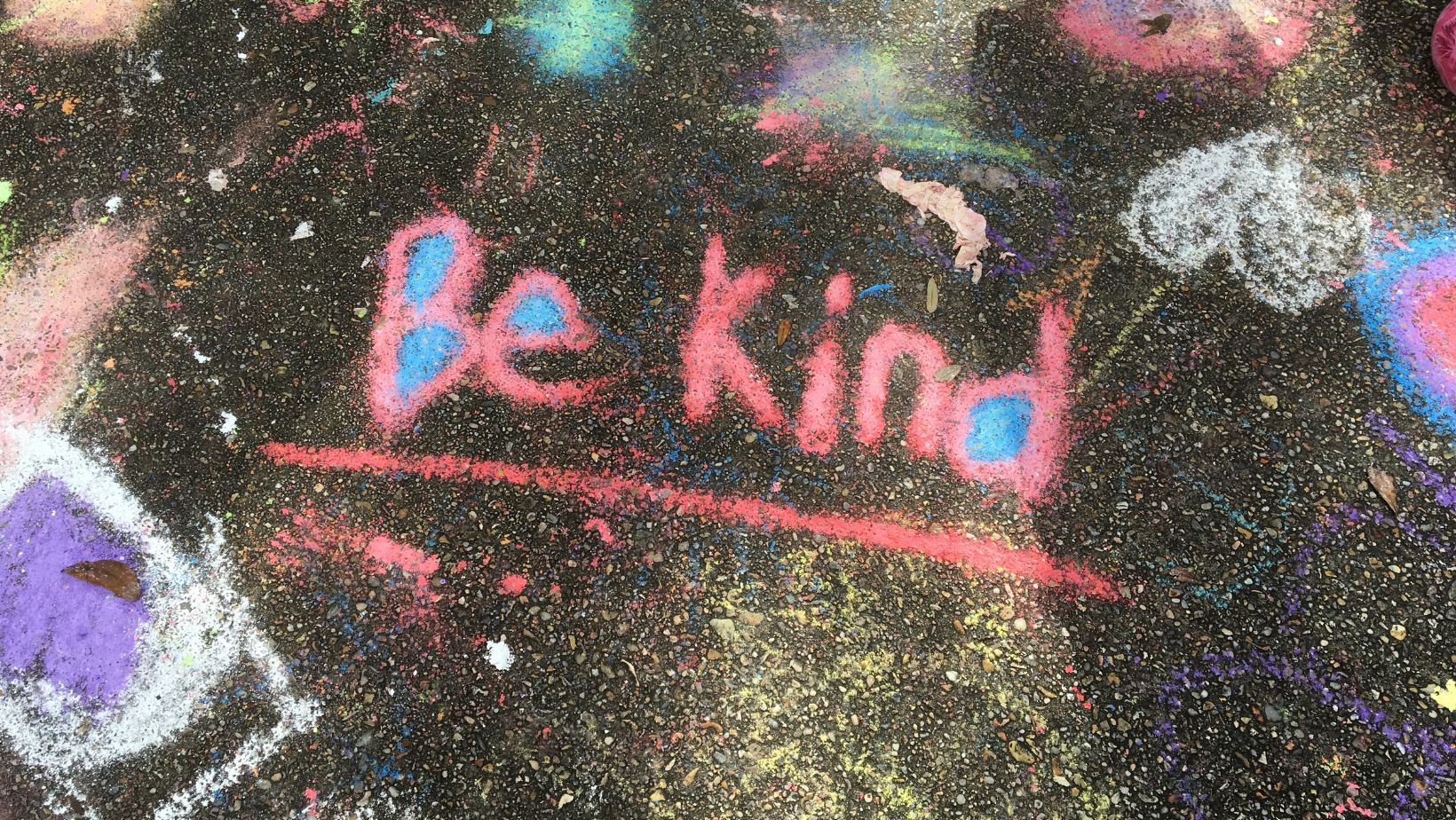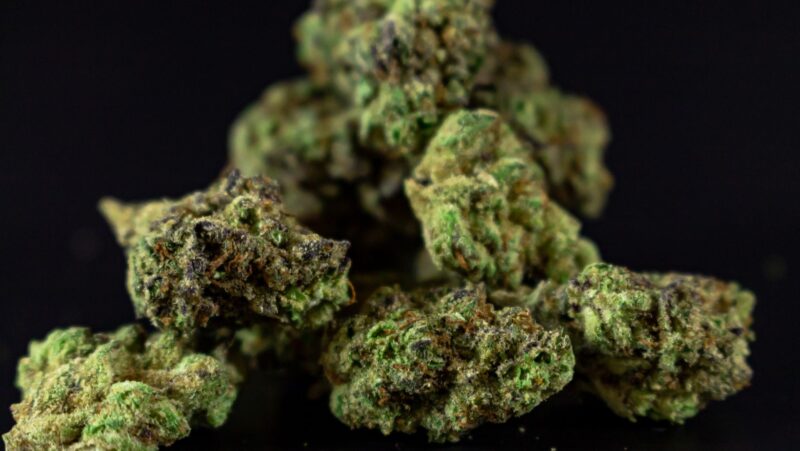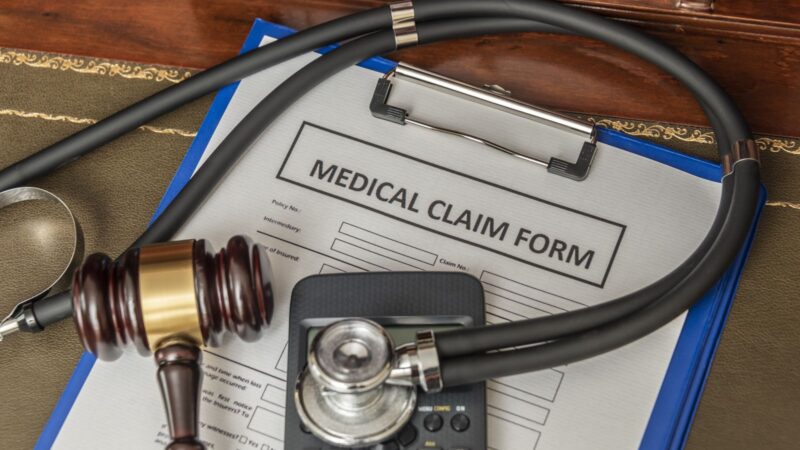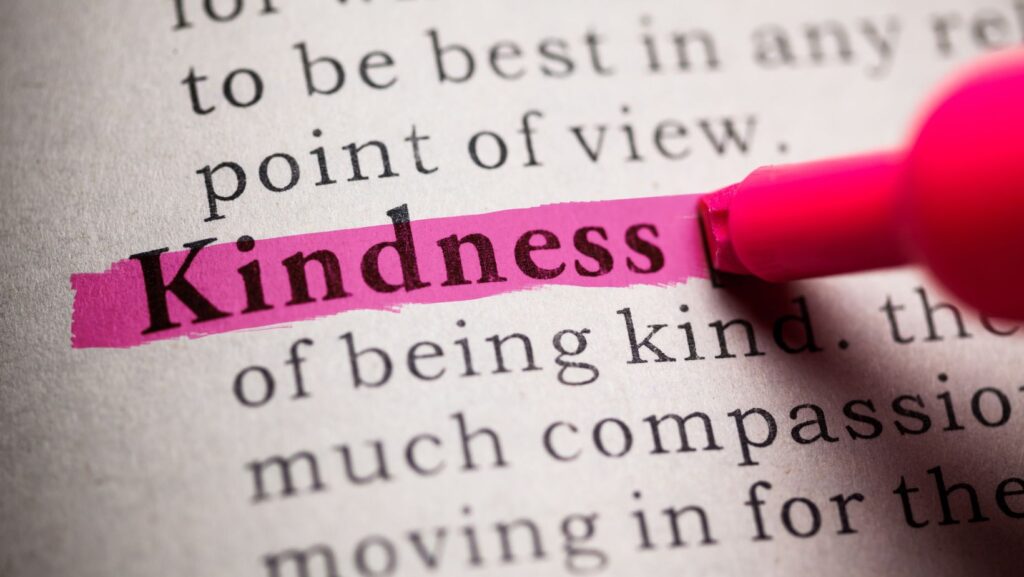
Psilocybin, a psychedelic that impacts serotonin, has enduring antidepressant effects. But, its exact mechanisms remain unclear. Studying its effect on empathy and prosocial behaviour is key to understanding its therapeutic potential. Read on to learn how psilocybin, found in shrooms online, affects empathy and kindness, which creates a cycle for long-lasting antidepressant effects.
Key Points
- Psilocybin might increase emotional empathy without changing perspective understanding.
- Studies on psilocybin’s effect on kindness vary, but some hint at possible connections prompt more research to understand them fully.
Psilocybin’s Therapeutic Potential
Psilocybin is being studied for treating mental health issues like depression. Although it stays in the body briefly, its antidepressant effects can endure. Scientists are investigating how psilocybin creates this long-term impact.
Research on animals and humans indicates that the compound might activate specific serotonin receptors and boost protein synthesis (like BDNF), leading to brain changes and improved mood. Human studies also show that psilocybin’s effects involve specific brain receptors and can alter brain function. This has the default mode network, which is important for its therapeutic benefits.
Researchers’ Findings:
- A powerful psilocybin experience led to better relationships, gratitude, and meaning in life six months later.
- After the psilocybin intake, patients experienced improved mood, behaviour, and social connections for three months.
- Experiencing the mystical side of psilocybin led to increased mindfulness three months later. It has also been shown to reduce depressive symptoms lasting weeks after treatment.
Psilocybin can alter our social interactions, so examining how it affects empathy and helpful behaviour is important. It could also initiate a cycle where greater kindness results in long-term therapeutic benefits.
How Kindness Influences Mood Improvement
Kindness and empathy are important in influencing mood improvement. While there’s no singular definition for these concepts, they’re commonly understood as grasping how others feel and responding with compassion and assistance.
| Form of Empathy | Description | Examples |
| Cognitive | Understanding someone’s perspective without necessarily sharing their emotions. | Listening and understanding why someone is upset without feeling upset yourself. |
| Emotional | Experiencing the emotions of others, whether positive or negative, such as sharing their happiness or feeling their sadness or pain. | Feeling joy when someone wins an award or sad when grieving. |
Prosocial behaviour is helping others and is often driven by empathy or kindness. Research suggests that feeling happy can encourage people to engage in prosocial acts.
Study #1:
- Objective: To explore the impact of gratitude on empathy and helping behaviours.
- Findings: Gratitude enhances empathy’s effect on helping, which suggests that gratitude fosters prosocial behaviour.
Study #2:
- Objective: To investigate the influence of positive emotions on helping behaviours toward anonymous victims.
- Findings: Positive emotions increase the chance of helping identifiable victims compared to anonymous ones, which shows a stronger preference towards prosocial acts when emotionally inspired.
Observing others’ happiness can also deeply impact our own mood. This suggests that witnessing happiness in others can boost our own happiness and motivate us to engage in selfless actions.
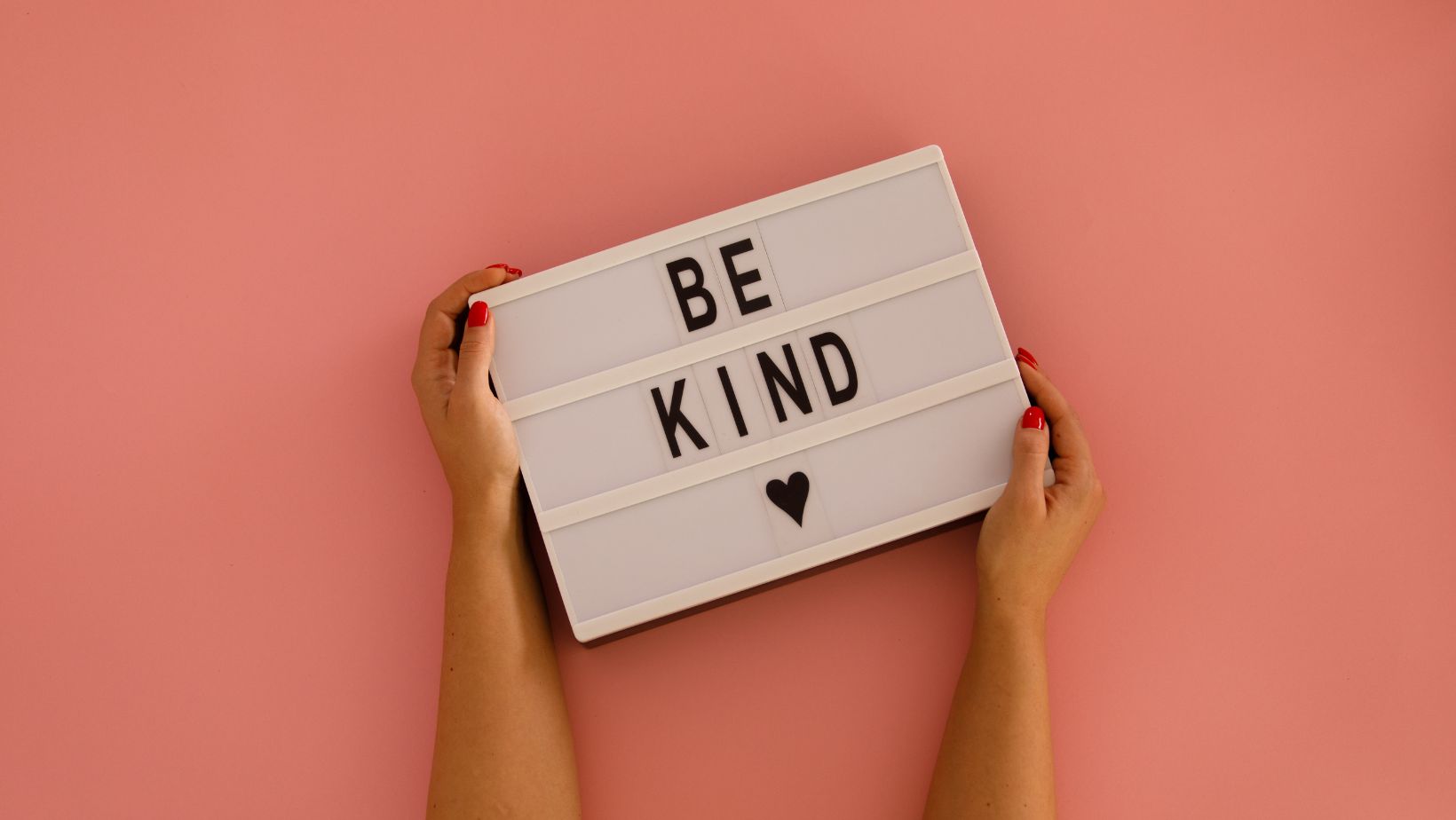
Studies have supported this idea by showcasing a connection between positive feelings and helping behaviours.
Study #3:
- Objective: To examine the relationship between positive feelings and helping behaviours.
- Findings: Recalling instances of performing kind acts for others increases happiness, which leads to a greater propensity to spend money on others.
Study #4:
- Objective: To explore the impact of positive experiences on willingness to engage in kind acts.
- Findings: Participants who wrote about positive experiences demonstrated a greater willingness to engage in kind acts and to put in more effort to help, which leads to enhanced well-being.
These findings indicate that feeling positive emotions can lead to acts of kindness. This starts a cycle where being kind leads to more happiness.
Psilocybin and Empathy
A study indicates that psilocybin may affect empathy, which causes changes in certain aspects of empathy. In an analysis with healthy volunteers, psilocybin led to higher emotional empathy. However, their ability to understand others’ perspectives didn’t change.
Psilocybin might also boost empathy in people with depression, as shown in those with treatment-resistant depression who had better emotional understanding, which is linked to empathy. Other psychedelics, like LSD and ayahuasca, seem to have similar effects on empathy and kindness.
Psilocybin Might Influence Kindness – Experts’ Insights
- A study on psilocybin’s impact on kindness, which focused on mood and mental health symptoms, showed mixed results regarding its promotion of kindness.
- Individuals using psychedelics were more compliant with community rules, which hints at a potential link between psilocybin and considerate behaviour.
- Lower violence rates were observed among inmates with hallucinogen use. This suggests a possible association between psilocybin and reduced aggression.
- Surveys indicated that classic psychedelic users, including psilocybin users, tend to feel more connected to nature and exhibit more environmentally friendly actions.
- While psilocybin may enhance emotional empathy, it might not affect moral decision-making, which raises questions about its direct influence on genuine kindness.
- There was a reduced punishment toward others after psilocybin use, but this may be due to social rewards rather than true kindness.
Note: These findings hint at a possible connection between psilocybin and kindness, but it’s not certain. Other mental factors might play a role; more detailed research is needed to clarify this connection.
Shrooms Online as a Mood Booster
| Aspect | Blue Meanies | Alacabenzi | Golden Teacher |
| Appearance | Small and spotted with blue flakes. | Golden caps with yellow speckles. | Golden caps with yellow spots. |
| Dosage Available | 3.5g, 7g, 14g, and 28g | 1.75g; other doses are available | 3.5g, 7g, 14g, and 28g |
| Effects | Euphoria, hallucinations, happiness, and extreme laughter. | Relaxing, physical and spatial effects, and warping of balance. | Enlightenment, connection with nature, and healing of mind and spirit. |
| Benefits | Lessens depression and anxiety, alleviates OCD, helps in managing addictions, and treats PTSD. | Reduces stress and anxiety, increases openness, assists in substance abuse therapy, and promotes growth of new brain cells. | Boosts mood, alleviates stress, depression, and anxiety, helps in substance abuse therapy, and provides increased focus and concentration. |
| Duration | 4-8 hours or longer | 5-6 hours | Few hours, and may last longer depending on the dosage. |
| Potency | Highly Potent | Moderate | Mild to Moderate |
| Recommendation for Beginners | Start low due to high potency, but beginners can try with caution. | Start low, recommended for beginners; dosage varies based on desired effects. | Recommended for beginners, start low; dosage varies based on experience level. |
The Future of Psilocybin Research
Though research on psilocybin’s effects on boosting one’s mood (through empathy or kindness) is limited, it lays a foundation for more exploration. Evidence suggests psilocybin may foster lasting effects through empathy and prosocial behaviour mechanisms. Continued research is important for expanding our understanding of psychedelics and their potential psychiatric treatments.
Frequently Asked Questions
Who can benefit from Psilocybin-Assisted Therapy for mood improvement?
- Those with treatment-resistant depression.
- Those with generalized and social anxiety and OCD.
- Those who have PTSD from trauma.
- Those with mood disorders like bipolar disorder or dysthymia.
Psilocybin-assisted therapy isn’t right for everyone. Doctors need to check if it’s safe for you based on your health and if there are any risks. It should be done in a safe place, preferably with therapists who know how to use psychedelics in treatment.
Are There Specific Dosage Guidelines for Psilocybin-Assisted Therapy to Achieve Optimal Results?
Specific dosage guidelines can vary depending on your weight, metabolism, and sensitivity to psychedelics. Therapeutic doses range from 1 to 3 grams of dried psilocybin-containing mushrooms. The goal is to achieve a moderate psychedelic experience that facilitates emotional processing and introspection without overwhelming the individual.
- Low Doses. This might not induce major psychedelic experiences but can lead to slight changes in perception and mood. Also used in ongoing therapeutic practices without the need for intense integration sessions.
- Moderate to Higher Doses. They induce profound psychedelic experiences. Commonly used in controlled clinical settings and requires thorough integration sessions afterward.
How Long do the Effects of Psilocybin on Kindness and Mood Improvement Usually Last?
The effects commonly last for a varying duration. Factors such as dosage, individual biology, and environmental context influence this. While the immediate effects may last several hours after ingestion, the lasting impact on kindness and mood improvement can extend for weeks or even months following a single session of psilocybin use.
Can Psilocybin-Assisted Therapy be Combined with Other Forms of Treatment for Mood Disorders?
Integrating Psilocybin-Assisted Therapy with other therapeutic modalities, such as cognitive-behavioural therapy (CBT) or mindfulness practices, may enhance its effectiveness in promoting lasting mood improvement and kindness. Yet, such combinations should be carefully guided by trained professionals.

